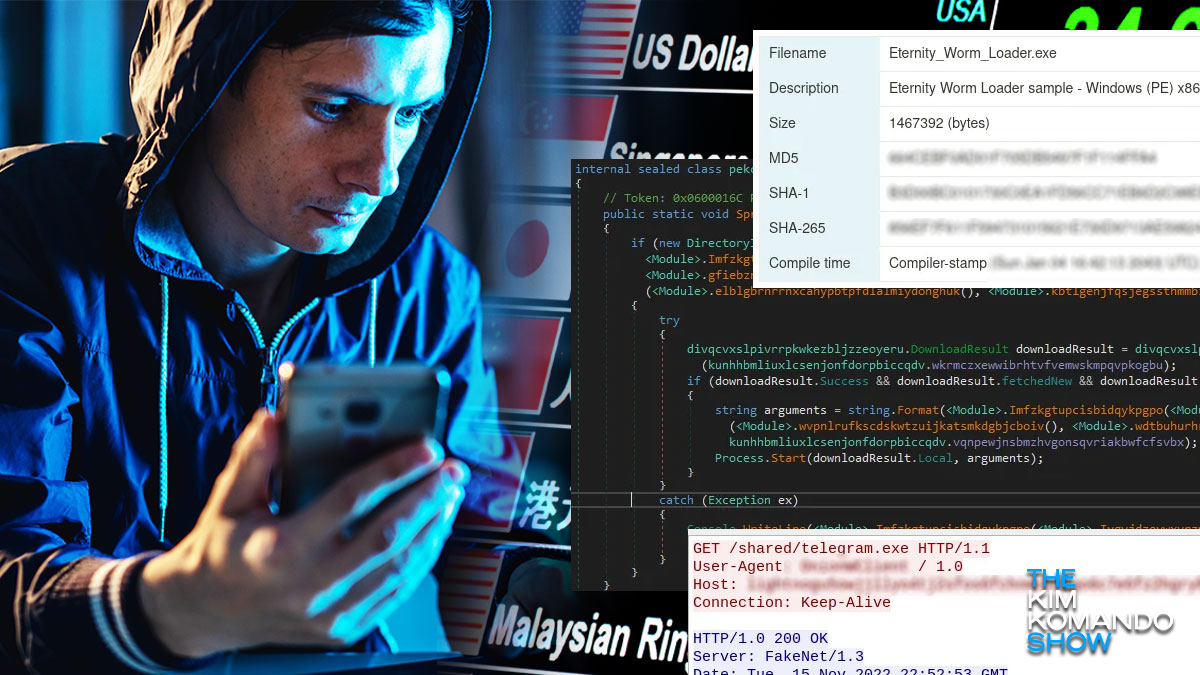CISA publishes plan for remote monitoring tools after nation-state, ransomware exploitation
A collaboration between the U.S.’s cybersecurity defense agency and private companies published its first plan to address security issues with remote monitoring and management (RMM) tools on Wednesday.
RMM software is typically used by the IT departments of most large organizations around the world as a way to get remote access to a computer to help with software installations or other services needed by employees.
In recent years hackers have increasingly exploited these tools – particularly in government networks – as an easy way to circumvent security systems and establish longstanding access to victim networks. In January, for example, the U.S. Cybersecurity and Infrastructure Agency (CISA) and the National Security Agency said at least two federal civilian agencies were exploited by cybercriminals as part of a refund scam campaign perpetrated through the use of RMM software.
In an announcement Wednesday, CISA said it worked with industry partners as part of the Joint Cyber Defense Collaborative (JCDC) to create a “clear roadmap to advance security and resilience of the RMM ecosystem.”
Eric Goldstein, CISA executive assistant director for cybersecurity, said the organization worked with other U.S. agencies as well as RMM companies to develop a plan focusing on four main tasks: vulnerability information sharing, industry coordination, end-user education and advisory amplification.
“The collaboration established to develop this plan has already achieved several accomplishments for RMM stakeholders and ecosystem,” Goldstein said in a statement. “As the JCDC leads the execution of this plan, we are confident that this public-private collaboration in the RMM ecosystem will further reduce risk to our nation’s critical infrastructure.”
RMM software allows hackers to establish local user access without the need for higher administrative privileges, “effectively bypassing common software controls and risk management assumptions,” CISA and the NSA said in their January announcement.
The agencies warned that threat actors could sell access to an exploited victim to government-backed hacking groups – noting that both cybercriminals and nation-states use RMM…


